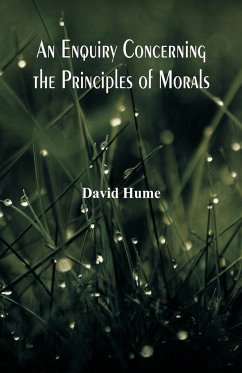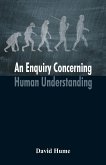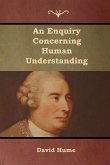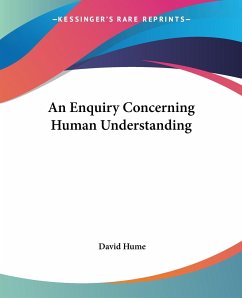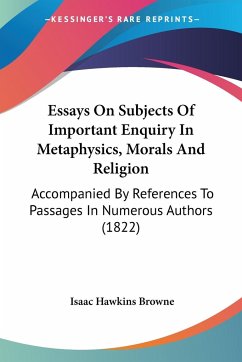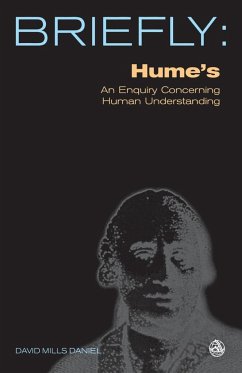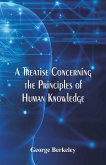David HumeAn Enquiry Concerning the Principles of Morals
Andere Kunden interessierten sich auch für
Produktdetails
- Verlag: Alpha Editions
- Seitenzahl: 170
- Erscheinungstermin: 22. Dezember 2017
- Englisch
- Abmessung: 216mm x 140mm x 9mm
- Gewicht: 223g
- ISBN-13: 9789386874368
- ISBN-10: 9386874369
- Artikelnr.: 56762932
Hinweis: Dieser Artikel kann nur an eine deutsche Lieferadresse ausgeliefert werden.
- Libri GmbH
- Europaallee 1
- 36244 Bad Hersfeld
- gpsr@libri.de
David Home, a Scottish Enlightenment philosopher, historian, economist, librarian, and essayist who lived from 7 May 1711 NS (26 April 1711 OS) to 25 August 1776, was most recognized today for his very important school of philosophical empiricism, skepticism, and naturalism. Hume worked to establish a naturalistic science of man that looked at the psychological underpinnings of human nature, starting with A Treatise of Human Nature (1739-1740). Hume contended that there are no inborn notions and that all human understanding comes only through experience. As an empiricist, he is so grouped with Francis Bacon, Thomas Hobbes, John Locke, and George Berkeley. Inductive reasoning and the notion of causation, according to Hume, cannot be supported by logic; rather, they are the products of mental habits and custom. Due to the induction problem, it is impossible to provide the basis for the premise that the future will resemble the past, which is required in order to draw any causal conclusions from the past. Hume also rejected the idea that people have a true sense of who they are, asserting that what we actually experience is a collection of sensations and that the self is nothing more than this collection of causally related experiences.

